According to reports from foreign media The Register and feedback from major companies, Oracle has recently begun to include Java in its software licensing review, with the purpose of identifying customers who are on the verge of non-compliance or have already violated regulations. Oracle’s move is In order to promote corporate payment, this is also a commonly used operation to increase payment rates.

Oracle introduced two licensing models for Java SE. In April 2019, Oracle began to charge licensing fees for the previously free Java, which required users to license commercial Java SE product paid subscription to receive patches and updates.
In September 2021, when Oracle released Java 17, they began offering a no-fee licensing model that provides free quarterly updates for three years. But this model is limited to that iteration of the version, allowing users to use it for free, even for commercial use (cannot be bundled with paid products), and does not apply to earlier versions such as Java 7, 8 and 11.
There is still a lot of confusion about Java in the market. One of the common misunderstandings is that using older versions of Java does not require a license. In fact, whether you are using a new version or an old version, as long as you download patches and updates from Oracle's website, you need a corresponding support license.
The Register stated that according to their sources, Oracle has begun auditing the Java adoption of major companies since the beginning of this year. Currently, many companies have received license management services from Oracle ( LMS) requesting information about Java usage and licensing.
Oracle will also use the authorization status of databases, middleware or applications to infer whether the Java usage reported by each enterprise is true. For example, the number of databases can reflect the number of CPUs, and one of the Java SE subscription prices is $25 per CPU per month, so it can reflect whether the number of Java SE subscriptions meets the requirements.
After learning this information, many companies have completely uninstalled overnight to avoid large bills proposed by Oracle and potential penalties for years of unpaid or underpaid fees. JDK, some of them have begun to use OpenJDK open source alternatives to deal with Oracle's audit, and some companies plan to completely replace the existing technology stack. For example, PHP, I have to say that PHP is truly open source and will never be charged!
Below are some comments from netizens. You can also chat about your opinions in the comment area:

Oracle Tutorial"
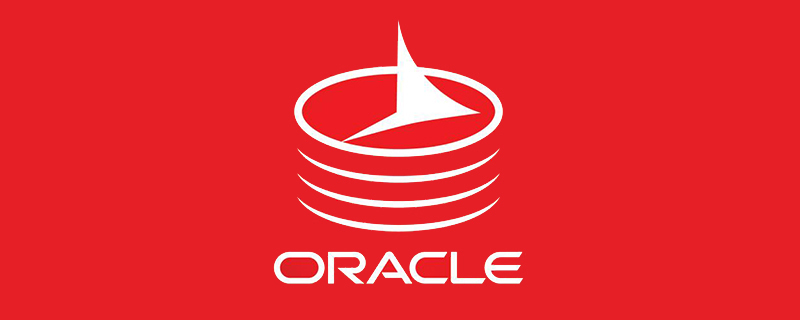 什么是oracle asmApr 18, 2022 pm 04:16 PM
什么是oracle asmApr 18, 2022 pm 04:16 PMoracle asm指的是“自动存储管理”,是一种卷管理器,可自动管理磁盘组并提供有效的数据冗余功能;它是做为单独的Oracle实例实施和部署。asm的优势:1、配置简单、可最大化推动数据库合并的存储资源利用;2、支持BIGFILE文件等。
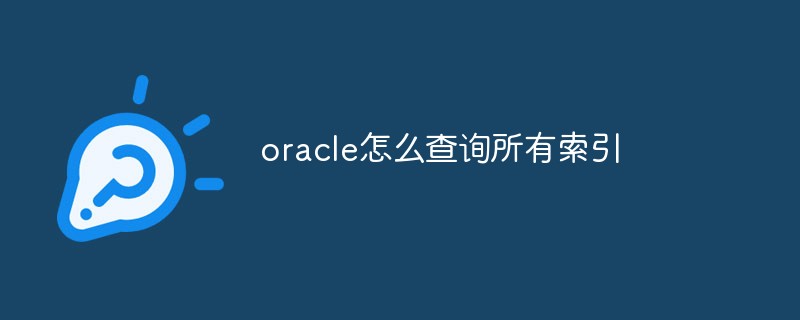 oracle怎么查询所有索引May 13, 2022 pm 05:23 PM
oracle怎么查询所有索引May 13, 2022 pm 05:23 PM方法:1、利用“select*from user_indexes where table_name=表名”语句查询表中索引;2、利用“select*from all_indexes where table_name=表名”语句查询所有索引。
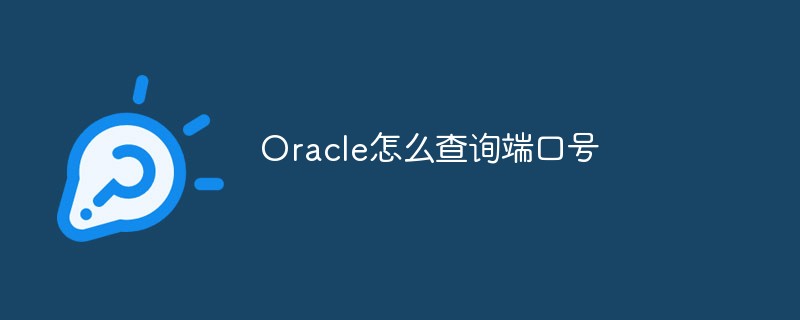 Oracle怎么查询端口号May 13, 2022 am 10:10 AM
Oracle怎么查询端口号May 13, 2022 am 10:10 AM在Oracle中,可利用lsnrctl命令查询端口号,该命令是Oracle的监听命令;在启动、关闭或重启oracle监听器之前可使用该命令检查oracle监听器的状态,语法为“lsnrctl status”,结果PORT后的内容就是端口号。
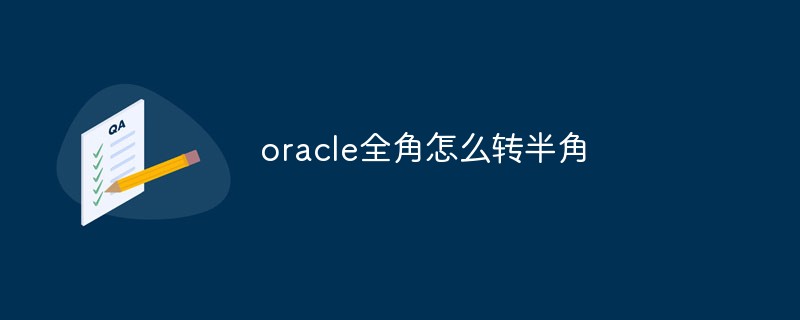 oracle全角怎么转半角May 13, 2022 pm 03:21 PM
oracle全角怎么转半角May 13, 2022 pm 03:21 PM在oracle中,可以利用“TO_SINGLE_BYTE(String)”将全角转换为半角;“TO_SINGLE_BYTE”函数可以将参数中所有多字节字符都替换为等价的单字节字符,只有当数据库字符集同时包含多字节和单字节字符的时候有效。
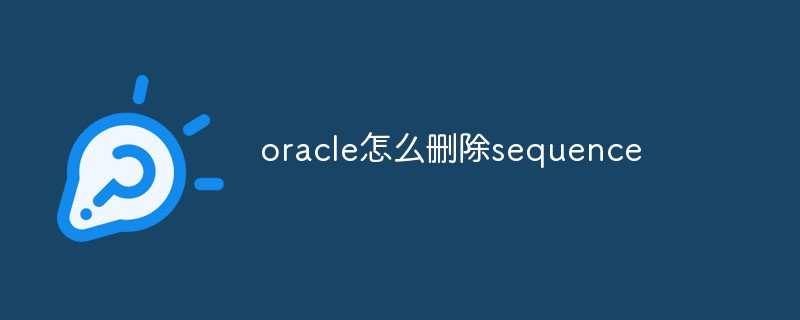 oracle怎么删除sequenceMay 13, 2022 pm 03:35 PM
oracle怎么删除sequenceMay 13, 2022 pm 03:35 PM在oracle中,可以利用“drop sequence sequence名”来删除sequence;sequence是自动增加数字序列的意思,也就是序列号,序列号自动增加不能重置,因此需要利用drop sequence语句来删除序列。
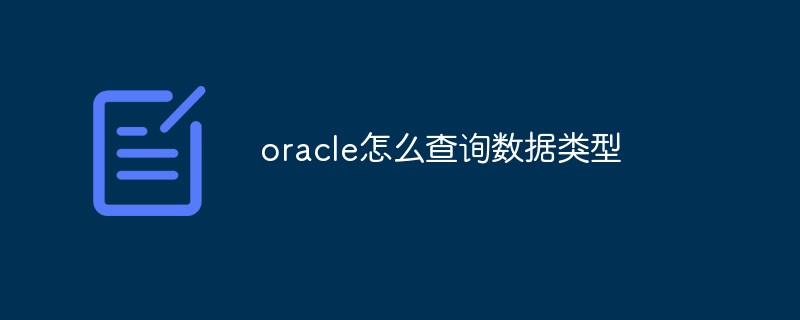 oracle怎么查询数据类型May 13, 2022 pm 04:19 PM
oracle怎么查询数据类型May 13, 2022 pm 04:19 PM在oracle中,可以利用“select ... From all_tab_columns where table_name=upper('表名') AND owner=upper('数据库登录用户名');”语句查询数据库表的数据类型。
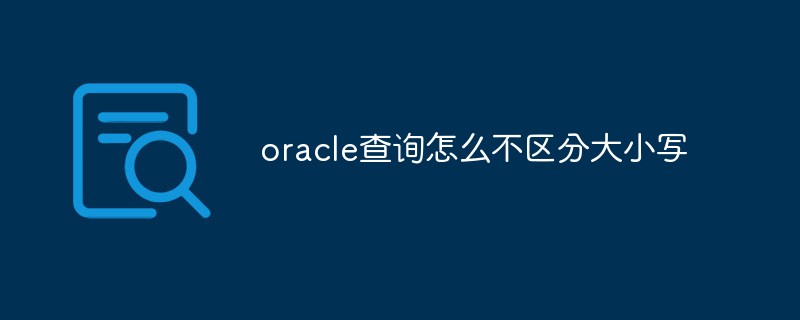 oracle查询怎么不区分大小写May 10, 2022 pm 05:45 PM
oracle查询怎么不区分大小写May 10, 2022 pm 05:45 PM方法:1、利用“LOWER(字段值)”将字段转为小写,或者利用“UPPER(字段值)”将字段转为大写;2、利用“REGEXP_LIKE(字符串,正则表达式,'i')”,当参数设置为“i”时,说明进行匹配不区分大小写。
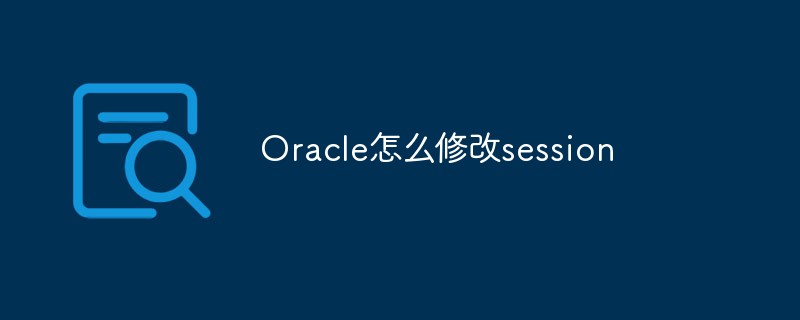 Oracle怎么修改sessionMay 13, 2022 pm 05:06 PM
Oracle怎么修改sessionMay 13, 2022 pm 05:06 PM方法:1、利用“alter system set sessions=修改后的数值 scope=spfile”语句修改session参数;2、修改参数之后利用“shutdown immediate – startup”语句重启服务器即可生效。

Hot AI Tools

Undresser.AI Undress
AI-powered app for creating realistic nude photos

AI Clothes Remover
Online AI tool for removing clothes from photos.

Undress AI Tool
Undress images for free

Clothoff.io
AI clothes remover

AI Hentai Generator
Generate AI Hentai for free.

Hot Article

Hot Tools

SAP NetWeaver Server Adapter for Eclipse
Integrate Eclipse with SAP NetWeaver application server.

EditPlus Chinese cracked version
Small size, syntax highlighting, does not support code prompt function

Dreamweaver Mac version
Visual web development tools

Notepad++7.3.1
Easy-to-use and free code editor

VSCode Windows 64-bit Download
A free and powerful IDE editor launched by Microsoft







